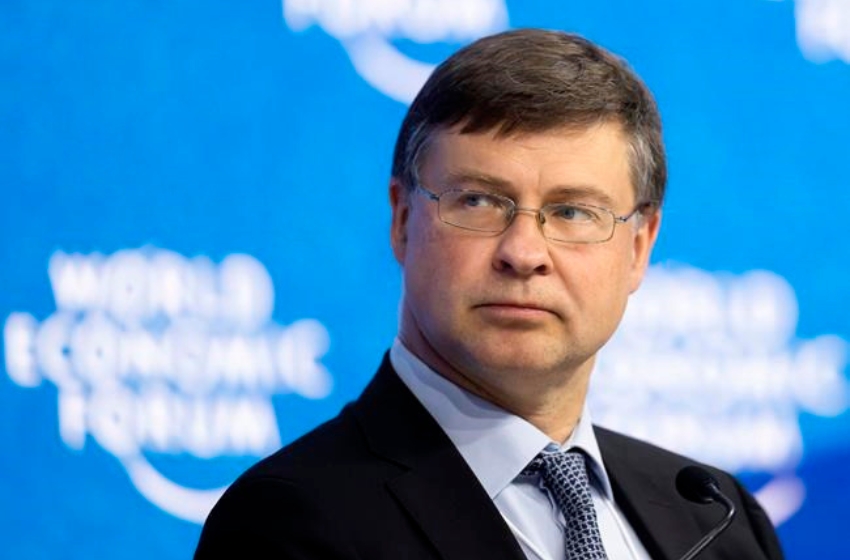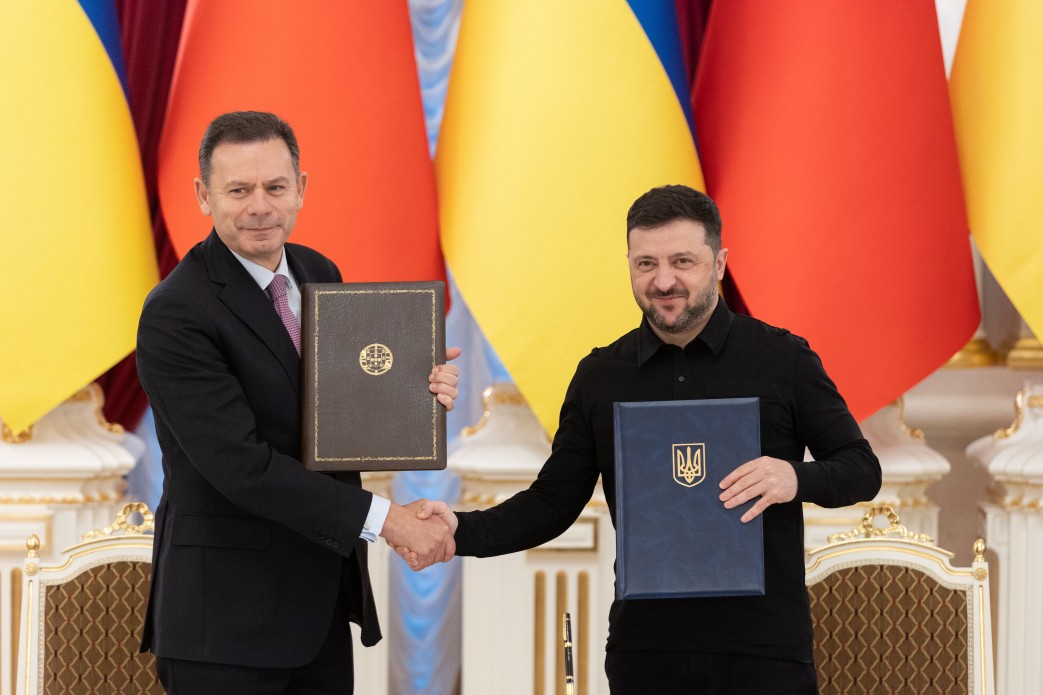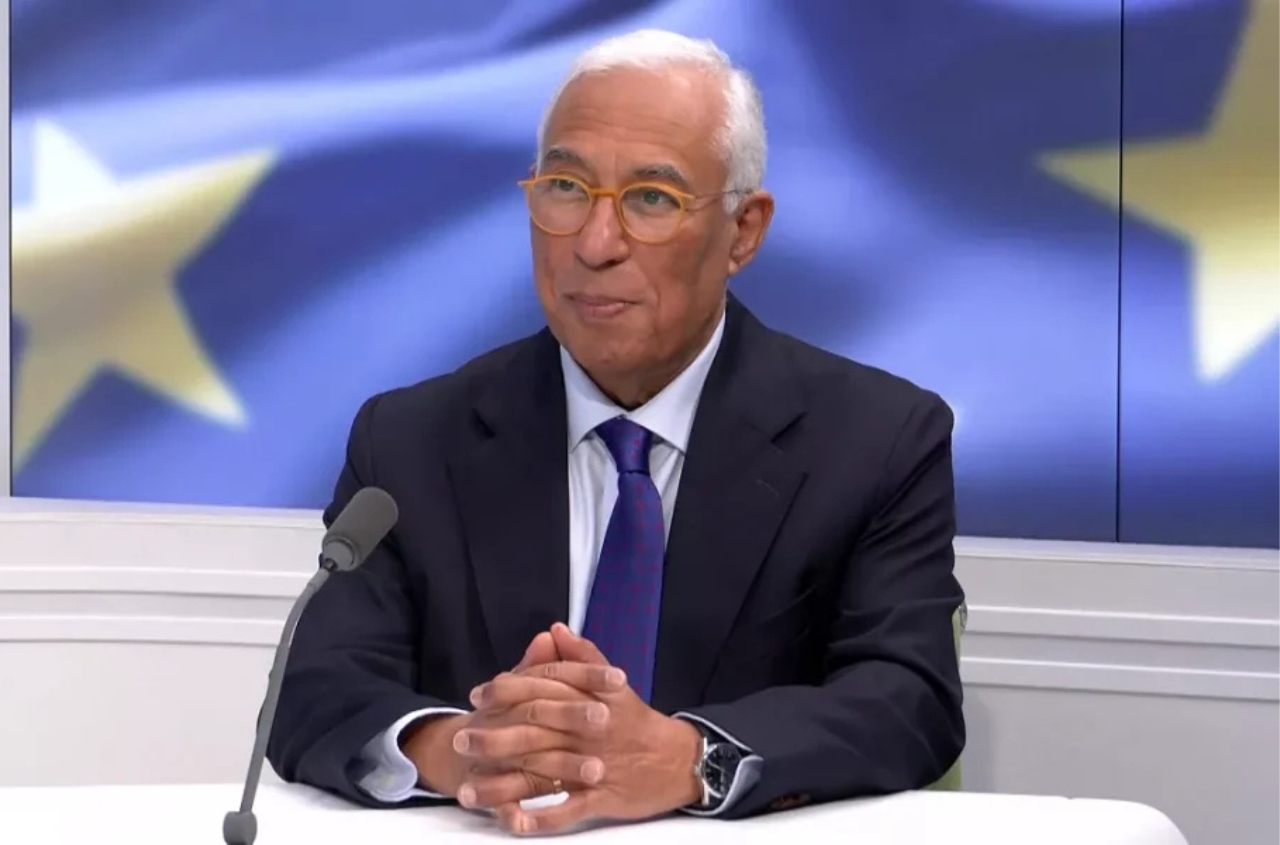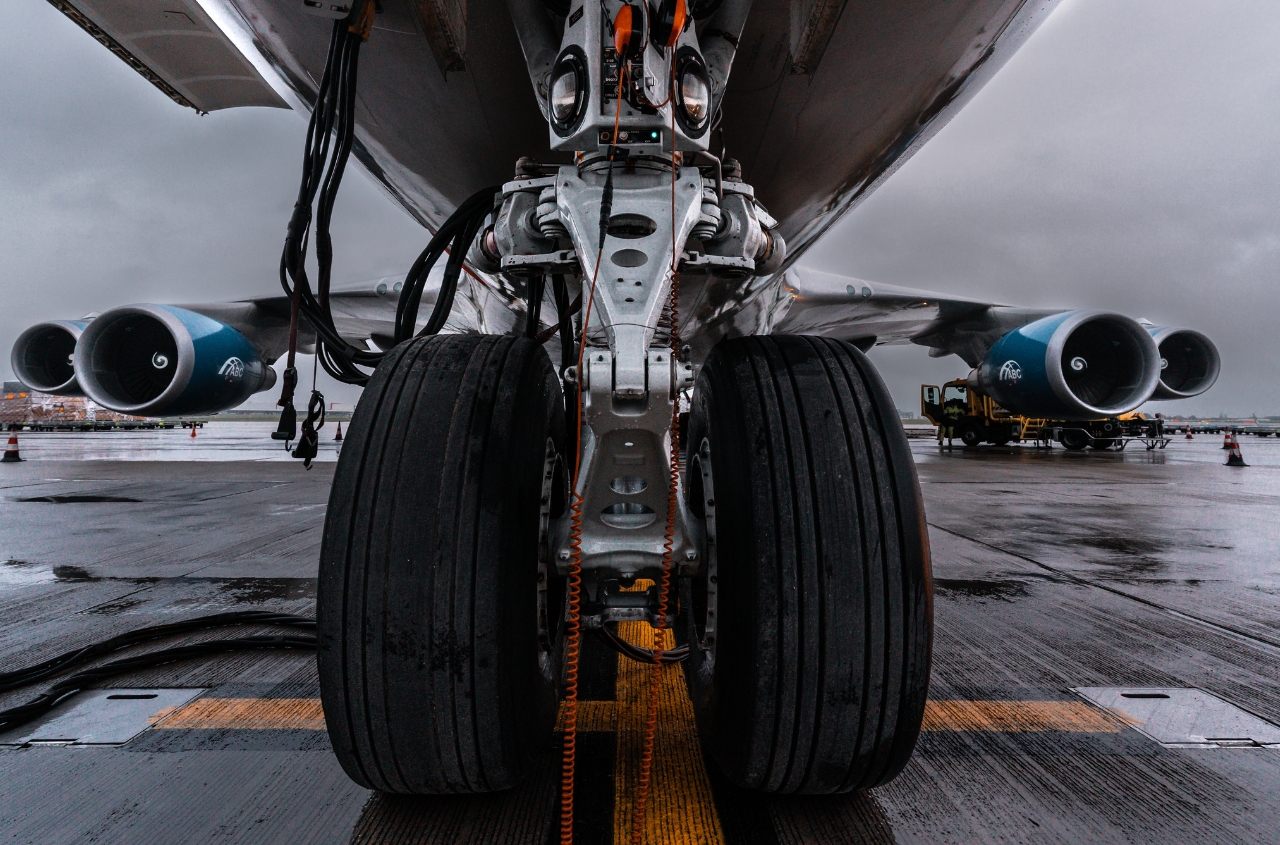European Commissioner for Economy and Productivity Valdis Dombrovskis emphasized that Western democracies must continue to apply sanctions pressure on Russia as long as it persists in its aggression against Ukraine. He made this statement during the annual International Economic Forum in Davos, Switzerland.
“As the democratic Western world, we must keep up the pressure on Russia as long as it continues its aggression against Ukraine. And we must ensure that Russia is held accountable for the damage it causes to Ukraine,” the commissioner stated.
Speaking about sanctions, Dombrovskis noted that
“overall, they are working.” However, he reminded the audience that Russia’s key source of income is energy exports. “We must remember that Russia’s largest source of revenue is its energy exports, particularly oil and gas. And here, we can certainly do more,” the commissioner argued.
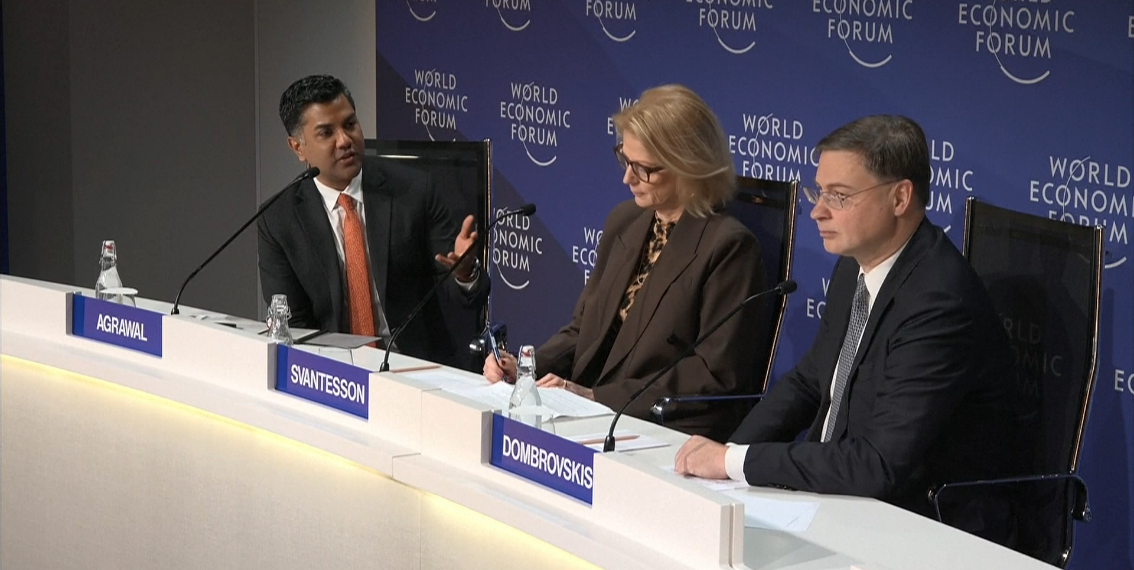
In this context, Dombrovskis pointed out that the G7 introduced a price cap on Russian oil, but Russia has found ways to bypass it, notably by using a "shadow fleet," an increasing number of whose tankers are also subject to sanctions.
Additionally, the commissioner mentioned that the EU has failed to agree on sanctions against Russian gas. Nonetheless, the EU is striving to reduce its dependence on Russian energy.
At the same time, Dombrovskis acknowledged that imports of Russian liquefied gas are on the rise. He noted that there are ways to put more pressure on Russia in this regard.
When asked by the moderator why the EU had not acted sooner, the commissioner replied:
“I believe we could and should have done more.”
According to him, the internal political situation in EU member states plays a role, as dynamics vary across countries.
“To agree on sanctions, unanimity among all 27 member states is required. The fact that we have already agreed on 15 sanctions packages shows that we can reach agreements on many things, find consensus on sanctions, and impose very extensive and unprecedented sanctions on Russia,” he stressed.









